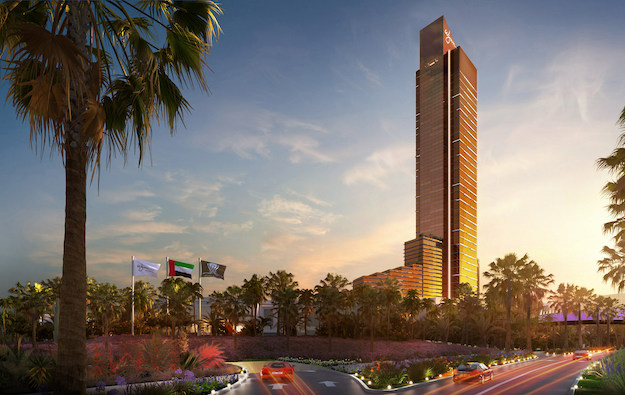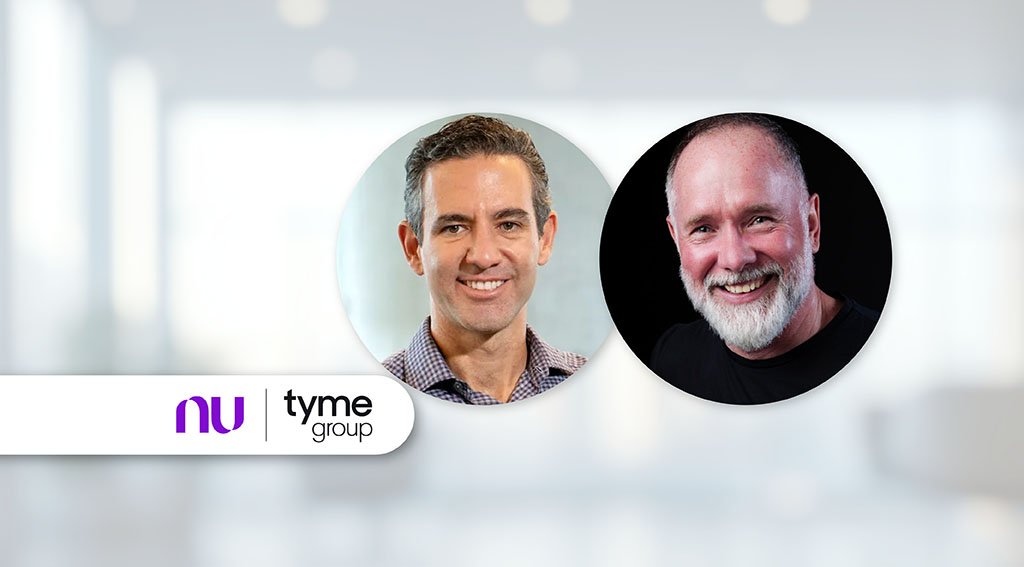Wynn UAE tax, rich neighbourhood, winning combo: JPM
Oct 10, 2024
Newsdesk
Latest News, Top of the deck, World
 

The regulatory framework – including tax rates – for Wynn Resorts Ltd’s multibillion U.S. dollar United Arab Emirates (UAE) project “compares favourably with some of the largest IR [integrated resort] markets in the world,” says commentary from JP Morgan Securities LLC.
The brokerage also said it didn’t view Wynn Resorts’ financial projections for the Wynn Al Marjan Island scheme as “all that aggressive”, given what the institution termed the firm’s “first mover advantage” in that market.
JP Morgan added that the project’s “core target markets” were “representing approximately 25 percent of the world’s population, 20 percent of global GDP [gross domestic product], and nearly 20 percent of the world’s millionaires”.
Wynn Resorts confirmed on October 4 its gaming licence – the first in the UAE – for the scheme in Ras Al Khaimah, an emirate within the UAE’s federal structure. On October 8 the company also gave investors and analysts an update on costs and financial modelling for the development.
JP Morgan analysts Joseph Greff and Samuel Nielsen said in an update after the institution had attended Wynn Resorts’ briefing: “The regulatory framework compares favourably with some of the largest IR markets in the world, sporting a 10 percent to 12 percent tax rate” on casino gross gaming revenue (GGR), compared to “Macau at 40 percent; Singapore VIP at 8 percent to 12 percent and mass at 18 percent to 22 percent.”
Wynn Resorts is the parent of Macau casino concessionaire Wynn Macau Ltd.
The analysts also noted there was a “15-year licensing period” for Ras Al Khaimah, “versus 10 years in Macau,” as well as “fee-simple real estate ownership, and the ability to provide credit to players”.
Fee-simple is a legal term used in the real estate sector, that means full and irrevocable ownership of land, and any buildings on that land.
The analysts also stated: “We think this market [UAE], which will likely be licence constrained and focused on the high-propensity-to-spend luxury consumer in the region, has the potential to have similar characteristics as the attractive and high return-on-investment Singapore IR market.
Competition, but not yet
Wynn Resorts said in its presentation that the group anticipates two other casino resorts will be licensed in the UAE. MGM Resorts International said recently it had applied for a casino permit in Abu Dhabi.
The UAE is composed of seven emirates. They are: Abu Dhabi, Dubai, Sharjah, Ajman, Umm Al Quwain, Ras Al Khaimah and Fujairah.
The inflation-adjusted cost of the Wynn Al Marjan Island, including land, capitalised interest and fees, is put at US$5.1 billion. Wynn Resorts has a 40 percent equity interest in the project, alongside local partners that have a combined 60 percent.
JP Morgan reiterated – based on Tuesday’s presentation data – that Wynn Resorts expects “steady state GGR of US$1 billion to US$1.66 billion, operating revenue of US$1.375 billion to US$1.875 billion, and adjusted property EBITDA [earnings before interest, taxation, depreciation and amortisation] of US$500 million to US$800 million, implying 26 percent to 43 percent margins and EBITDA per [hotel] key roughly in line with Wynn Macau [Ltd] operations, at the mid-point”.
The institution added: “These scenarios are based on its assumption for a UAE total addressable market of US$3 billion to US$$5 billion, which assumes two other operators and 33 percent market share, which we view as likely conservative given its first mover advantage in the market.”
It further noted: “We think Wynn will enjoy a monopoly market there for at least a couple of years and success there could bode well for other similar opportunities (Thailand), potentially.”
In May, on the Wynn Resorts first-quarter earnings call, the group’s chief executive Craig Billings said the group was “actively considering greenfield development opportunities in New York City and potentially, Thailand”.
Though he added: “In Thailand, it’s early days and we have yet to see the regulatory and licensing structures.”
It has been reported that under the existing terms of a draft casino legalisation bill for Thailand, a licence of up to 30 years might be offered, with possibility of renewal for up to 10 years. Different figures for length of licence were suggested in comments from the public in a recent consultation process.







